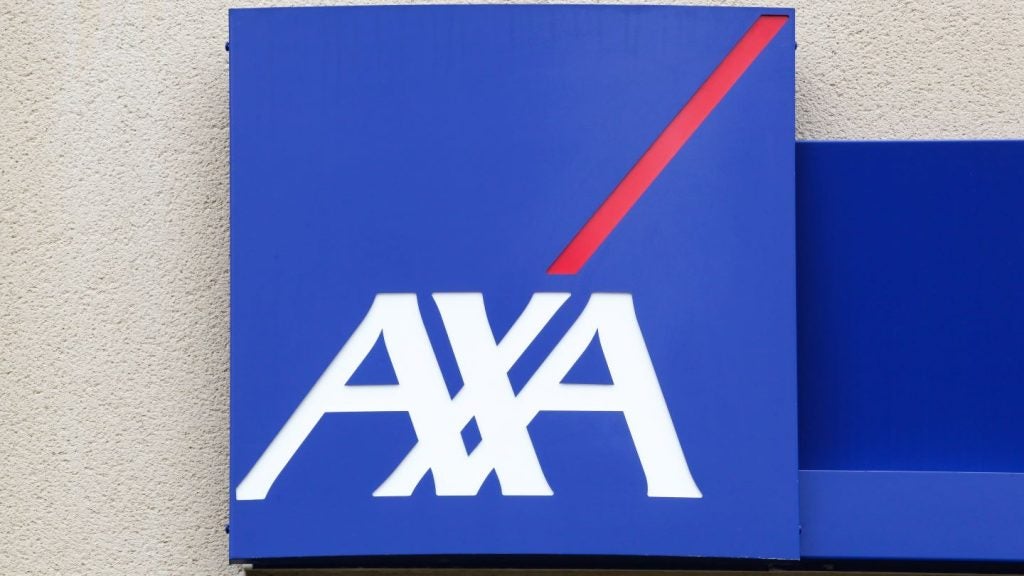that retirement income is derived predominantly from savings and
returns accumulated during the working years of a participant in a
defined contribution (DC) pension plan.
This could not be further from reality, argue researchers at US
asset management company Russell Investments, a unit of The
Northwestern Mutual Life Insurance Company.

Access deeper industry intelligence
Experience unmatched clarity with a single platform that combines unique data, AI, and human expertise.
Researchers Matt Smith, MD of Russell’s retirement services unit,
and Bob Collie, investment strategy director, have dubbed their
findings ‘the 10/30/60 Rule’ based on the benefits a DC scheme
participant receives in retirement.
According to Smith and Collie, of each retirement income
dollar:
• 10 percent is derived from contributions made to the DC plan
while the retiree is still working;
• 30 percent is derived from investment returns generated prior to
retirement, and;

US Tariffs are shifting - will you react or anticipate?
Don’t let policy changes catch you off guard. Stay proactive with real-time data and expert analysis.
By GlobalData• 60 percent is derived from investment returns generated after
retirement.
Smith and Collie stressed that the basic 10/30/60 pattern proved to
be stable even when several input assumptions such as the
retirement age, the age when saving begins and age of death were
altered.
The researchers found that only lowering the expected
post-retirement investment return would significantly change the
10/30/60 rule.
Defined benefit pension scheme research conducted in 1989 by
Russell’s then-investment strategy director Don Ezra revealed a
very similar situation, noted Smith and Collie.
Ezra found that “for any one-plan member, the largest part of the
investment return accrues during the payout stage”.
Smith noted that it would be wrong to conclude that contribution
levels are not important.
“Indeed, without contributions there can be no investment return,”
said Smith.
“However, with roughly 90 percent of distributions being generated
by investment earnings, sound investment programmes are critical if
DC plans are to be effective in meeting goals for financial
security in retirement,” he added.







